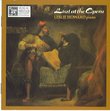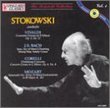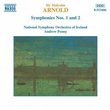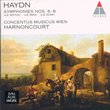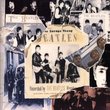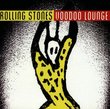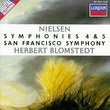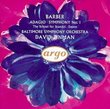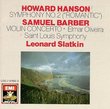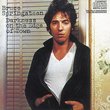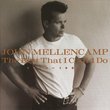| All Artists: Haydn, Harnoncourt, Cgb Title: Symphonies 68 & 93 Members Wishing: 0 Total Copies: 0 Label: Elektra / Wea Release Date: 4/13/1993 Genre: Classical Styles: Historical Periods, Classical (c.1770-1830), Symphonies Number of Discs: 1 SwapaCD Credits: 1 UPC: 090317485928 |
Search - Haydn, Harnoncourt, Cgb :: Symphonies 68 & 93
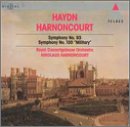 | Haydn, Harnoncourt, Cgb Symphonies 68 & 93 Genre: Classical
|
Larger Image |
CD DetailsSimilar CDs
Similarly Requested CDs
|
CD ReviewsRevolutionary Haydn Giordano Bruno | Wherever I am, I am. | 05/18/2008 (5 out of 5 stars) "Joseph Haydn was no curmudgeonly dodderer, and certainly no conservative grey eminence. Few composers before or since were experimenters on a comparable scale. I fear we see Haydn through the distorting lens of hero worship focused on his disciple Ludwig, and envy him the security of his Esterhazy patronage on account of the financial struggles of his disciple Amadeus. Make no mistake! Mozart and Beethoven both learned their symphonic art from Haydn. Just listen to Symphony 68 on this splendid CD being sold for pennies. #68 was written in 1775, when Beethoven was five years old. Symphony 93 was first performed in 1792, over a decade before Beethoven's Eroica, and Symphony 100, nicknamed The Military for its explosive percussion, was premiered in 1794. Haydn revolutionized the symphony in scope, in seriousness, in orchestration, in subtle modulations of key, and in social purpose, producing "concert" music at a time when "court" music was still the rule. And after 1790, when his beloved Prince Esterhazy died, Haydn was a figure of privileged freedom, no longer required to do anything but compose. He took full advantage of his luck.
These are three of his most adventurous symphonies, full of dynamic thrust, not beribboned and quaint at all. Nikolaus Harnoncourt conducts them with as much masculine ferocity as they deserve, yet with all the polish and effortless invention they require. The performances, recorded in 1986 and 1992, demonstrate the paradigmatic changes in the musicianship of symphonic orchestras that have resulted from the historically informed "original instrument" movement, of which Harnoncourt was a major pioneer. Although the Royal Concertgebouw Orchestra plays modern instruments, under Harnoncourt's baton they achieve the clarity of articulation and the transparency of tuning that the best "early music" ensembles provide. The sound transfer on this Teldec recording is excellent; even the mammoth drums of the #100 don't rattle my speakers with seismic distortion, while pianissimo passages are rich and present. If I shift some of the glory of musical revolution from Ludwig to his predecessor, please don't think that I'm spurning Beethoven's genius. Through the miracle of recordings like this, we can relish both as pure musical marvels rather than for their roles in some absurd romantic pantheon." |

 Track Listings (12) - Disc #1
Track Listings (12) - Disc #1
